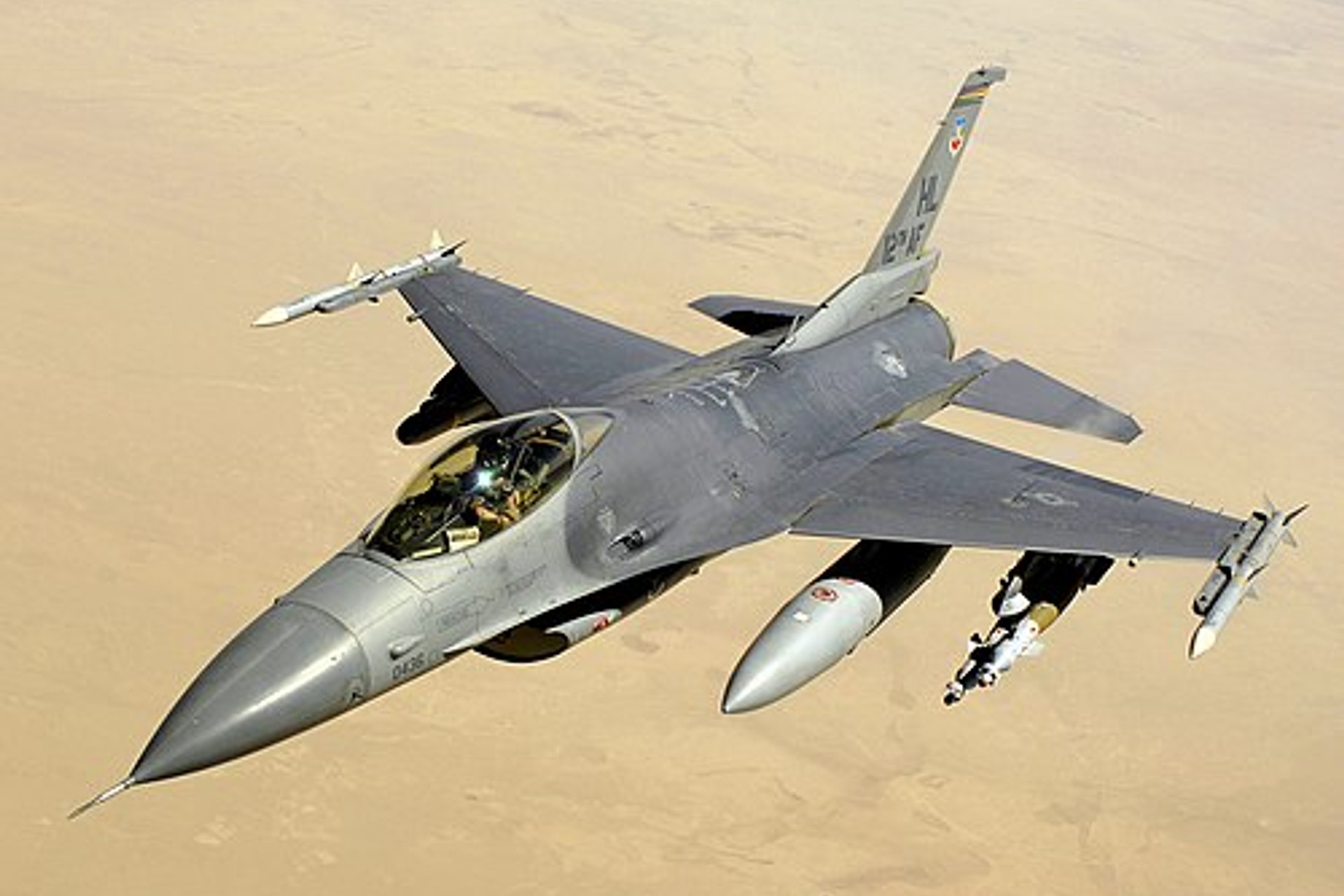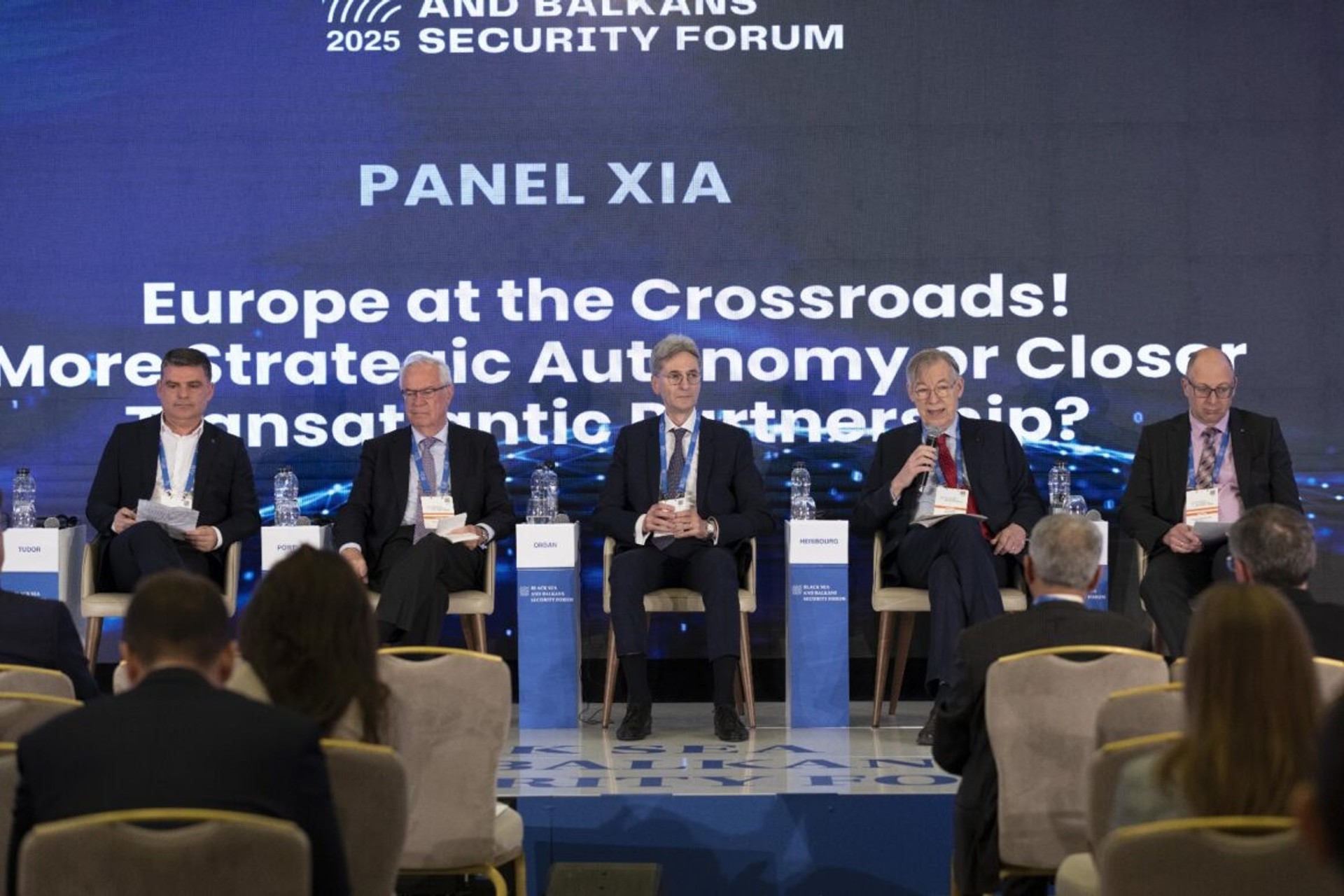
REINVENTING THE TRANSATLANTIC RELATIONSHIP: THE US AND CANADA STRATEGIES TOWARD THE CRIMEA CRISIS
The Transatlantic relationship in the eve of the Crimea crisis Published in Security in the Black Sea region – shared challenges, sustainable future
Nevena Mandadjieva
Article
Global Challenges
NATO

STRENGTHENING SECURITY AND RESILIENCE IN THE BLACK SEA REGION
The document examines the security risks in the Black Sea and the measures that need to be taken at the national, regional and alliance levels to build resilience. The focus is on the protection of critical maritime infrastructure. The material was developed on the basis of a round table organized by the Sofia Security Forum and the New Strategy Center on September 19, 2025, with the participation of high-ranking representatives of various ministries from Bulgaria and Romania.
Yordan Bozhilov
Article
Balkans and Black Sea
Security and Defense
European Union
NATO

CAN DEFENSE SPENDING STIMULATE ECONOMIC GROWTH?
Europe is sharply increasing its defense spending. But can these expenditures contribute to economic growth in addition to building defense capabilities? The article was written for Mediapool
Йордан Божилов
Article
Security and Defense
European Union

ARMENIA AND NATO: A STRATEGIC PARTNERSHIP WITH SECURITY IMPLICATIONS FOR THE ENTIRE SOUTH CAUCASUS AND BEYOND
Experts and politicians met in Poland to discuss Armenia’s changing political stance, particularly in light of growing regional instability and its pivot to the West. NATO’s strategic role in the South Caucasus, prospects for deepening cooperation with Armenia, and shared challenges in countering Russian influence were discussed. Special attention was paid to the dynamics of Turkish-Armenian relations and their implications for regional security. The forum aimed to foster an informed dialogue to connect NATO and Armenia through diplomacy, resilience, and strategic alignment.
Dr. Ivo Tsekov
Brief
Security and Defense
NATO

The need for a new National Security Strategy, the Russian threat and the role of the services
A national security strategy is necessary because it assesses the security environment and defines the country's key interests and policies.
Yordan Bozhilov
Brief
Bulgarian Foreign Policy
Security and Defense

TRANSATLANTIC RELATIONS
Speech of Mr. Yordan Bozhilov at the Black Sea and Balkans Security Forum, Romania 22-23 May, 2025
Yordan Bozhilov
Brief
Balkans and Black Sea
Security and Defense
NATO
